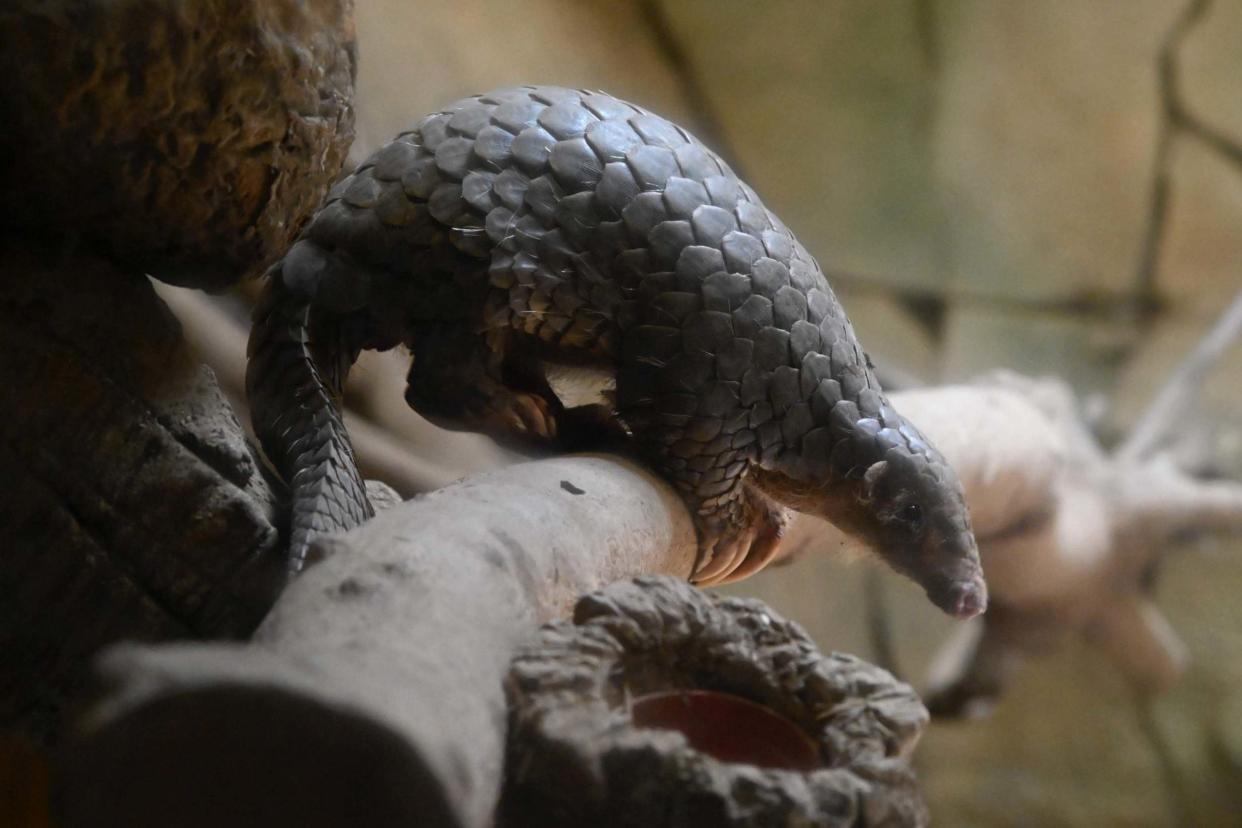Join our battle to conserve the natural world

Pictures of dramatically cleaner air and wild animals roaming city streets have been part of the environmental story of the pandemic — but only a small part. The consequences for global conservation are less visible, but extremely serious and likely to be longer lasting.
Increased illegal poaching, fishing and deforestation have been reported by conservation groups around the world, including partner organisations of Fauna & Flora International (FFI). In places where lockdowns have reduced activities such as illegal trading of wildlife, we are under no illusions — this is just a pause. We have heard traders are still buying the scales of pangolins — the most trafficked animal in the world — and stockpiling them in anticipation of a revival in the market.
Alongside direct impacts on wildlife, previously reliable sources of income that help communities protect endangered species and habitats, such as tourism, have gone. It is not an exaggeration to say conservation is in crisis.
That’s why FFI has launched the world’s first fund to ensure conservation groups survive. The FFI Partner Crisis Support Fund has already provided more than $1 million to groups in countries including Kenya, Mozambique, Vietnam and Romania, to protect species such as rhinos, wild dogs, wolves and pangolins, and assist communities who are central to conservation. We aim to raise more in the months ahead.
But this is not enough. We need a shift in the way we interact with and use nature. Action to protect the natural world is action to protect ourselves, as this pandemic has shown — scientists say the destruction of nature is making the emergence of new and dangerous viruses more likely.
Traders are still buying the scales of pangolins and stockpiling them for when there is a market revival
International meetings on climate change and protection of biodiversity have been postponed at a critical time. One million species are threatened with extinction over the next 30 years, according to the UN, and climate change efforts are at a critical point. Tackling carbon emissions, stopping deforestation and halting the wildlife trade are some of the priorities. While governments must lead, individuals can pressure politicians and support organisations such as ours.
The recovery from this crisis provides a once-in-a-lifetime opportunity to rebalance our relationship with the natural world and put humanity on the path to a healthier, more prosperous future. We must seize it.
Mark Rose is chief executive of Fauna & Flora International

 Yahoo News
Yahoo News 
